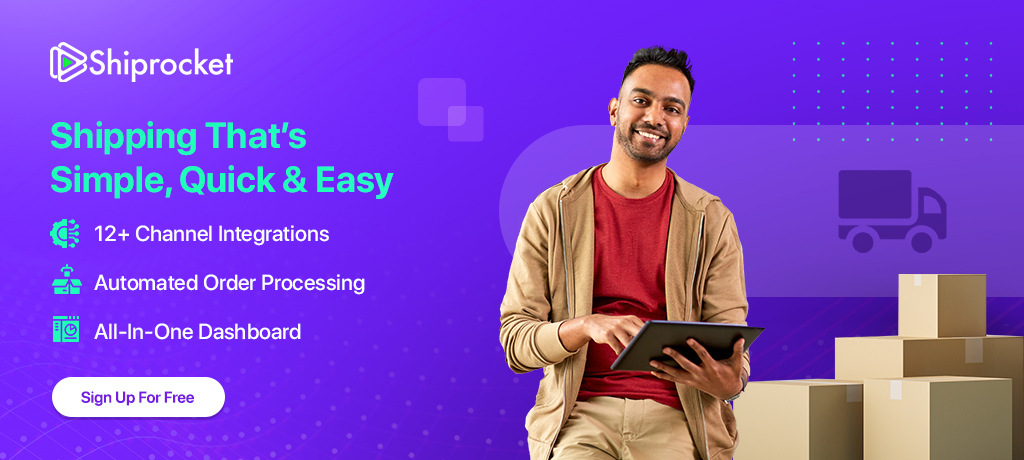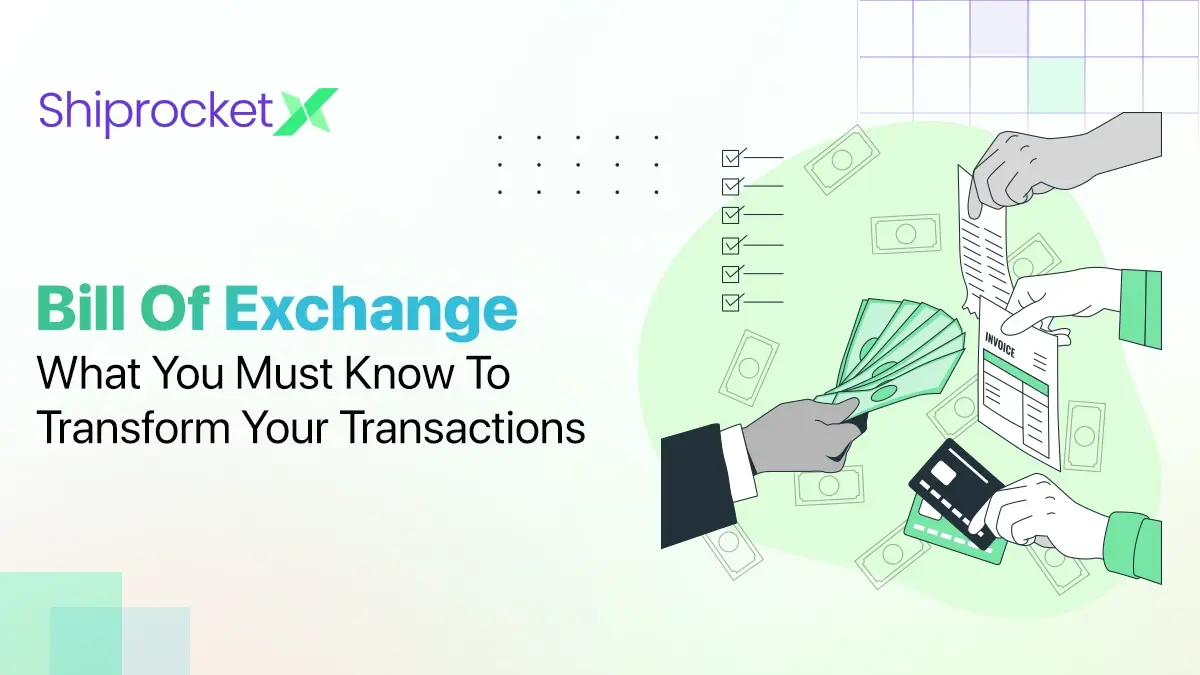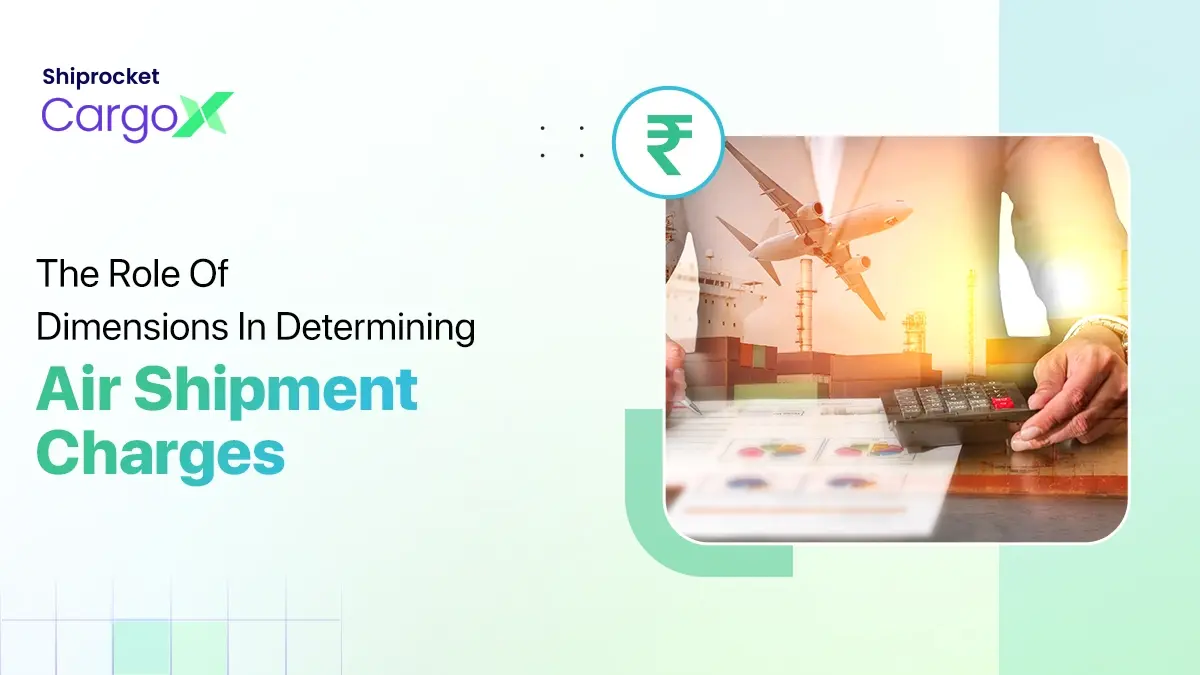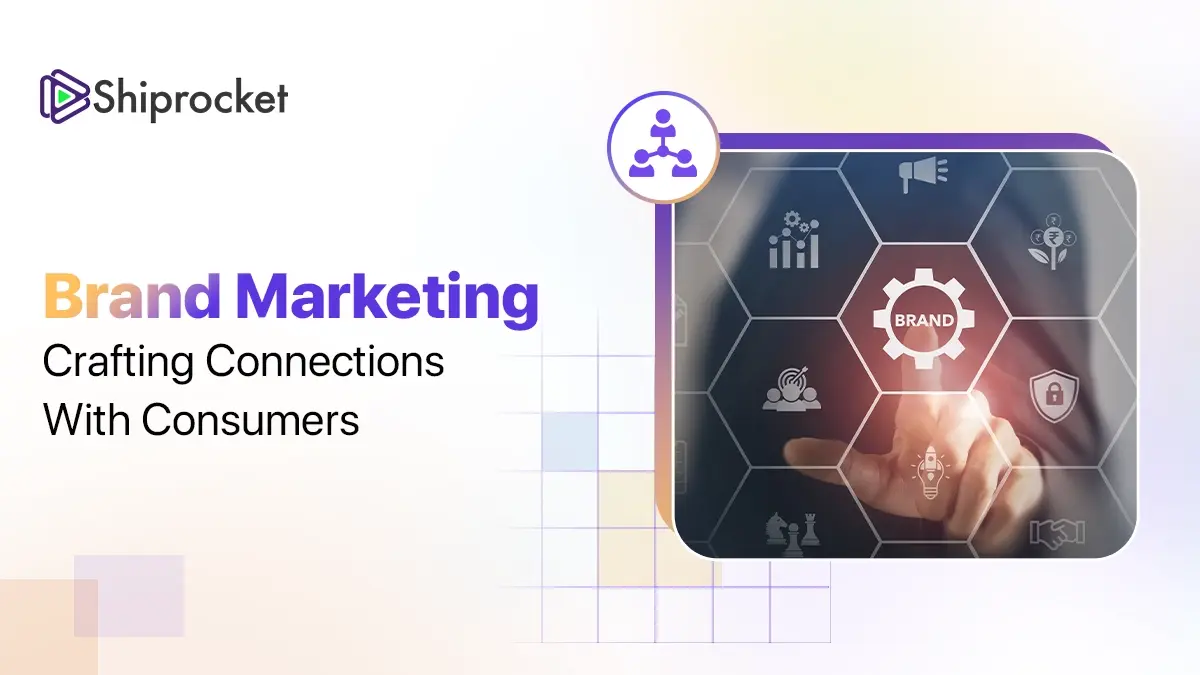What is Full Truckload (FTL) Shipping and Freight?
So, you know how moving goods from point A to point B can be a real hassle? Well, that’s where Full Truckload (FTL) shipping comes in. Suppose you’ve got a whole bunch of goods that need to be delivered somewhere, and you’ve got a truck trailer that’s ready to be loaded. In FTL shipping – you pack the trailer full until there’s no room to spare. This way, you’ve got a direct trip from the sender to the receiver. There are no pit stops along the way.
FTL ensures fast and secure delivery without layovers. So, if you’re a business looking to enhance your supply chain game, keep costs in check, and guarantee on-time delivery of products, FTL is your go-to solution.
Let’s explore FTL in detail, how it’s different from LTL, and the best practices to implement FTL shipment.
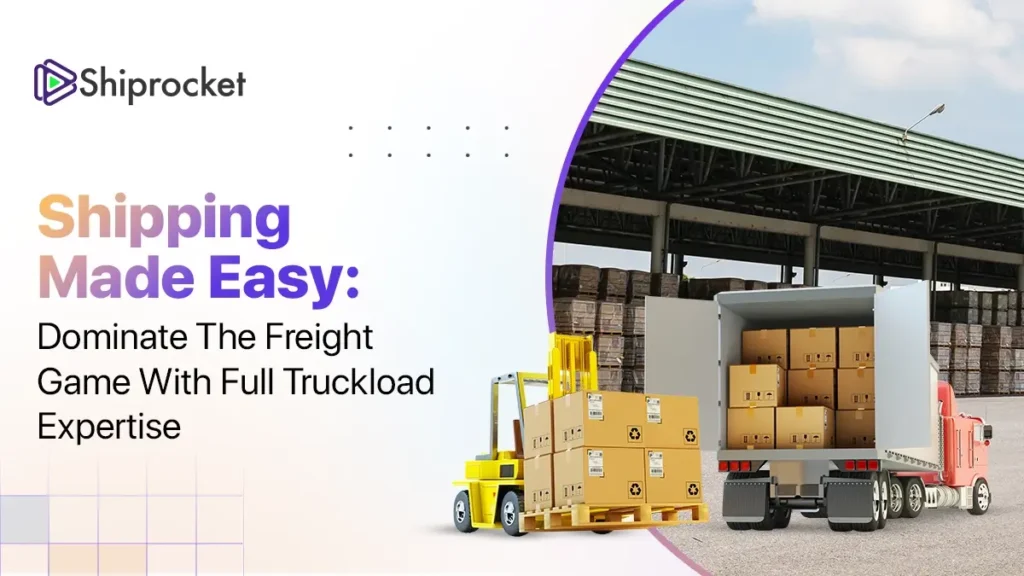
Defining Full Truckload (FTL) Shipping
Local businesses usually rely on truckload shipping for their shipping needs. It is the most common form of getting goods and services delivered. Let us understand everything about truckload shipping and freight. In full truckload shipping (FTL), direct shipments are done from the seller’s pickup point to the consumer’s delivery point. As the name suggests, this mode of shipping necessitates a complete load, serving as an effective means of transportation for shipments that demand extra space. Full truckload shipping is when a single shipment occupies an entire truck. Since the shipment takes up the entire space of the trailer, it is loaded into a single container to simplify the transportation process.
Full Truckload vs. Less Than Truckload (LTL) Shipping
Although full truckload services offer auxiliary carrying capacity, the less than truckload (LTL), often termed partial truckload, is mostly used. LTL provides an easier freight shipping alternative for consumers that require various goods to be shipped. It also is more affordable.
As the size of LTL shipments is small, there is no requirement for warehousing, as most loads arrive promptly and efficiently. The small size has also allowed the shippers to pay only for that portion of the shipment they require rather than the whole container. It shows that LTL shipments carry several orders from different clients in one truck or container.
Securing your LTP Cargo
Although insuring your freight seems like an additional expense, it is worth insuring your products as LTL tends to carry different orders together. It holds a large portion of your inventory, and having insurance on your products will help you in case of any shipping damage, loss, etc.
FTL vs FCL & LCL
Trucks and ships are the two primary modes of transportation for shipping freight. When you ship goods via trucks, there are two key terms you should be aware of. These are full truckloads (FTL) and less-than-truckloads (LTL). However, the terms change to full container load (FCL) and less-than-container load (LCL) when you ship goods via ocean containers.
In an FTL shipment, the truck will only carry your products. It gives you more control over the process. However, in an LTL shipment, your products will only take up a portion of the trailer. Thus, LTL is less expensive than an FTL shipment.
Similarly, in an FCL shipment, you purchase the entire space on a container for your products. LCL refers to shipments in which your products only take up a portion of a container. LCL is an ideal option when you want to ship a smaller shipment, while you can opt for FCL for shipping larger volumes of shipment.
The Growing Demand for Full Truckload Shipping
Although LTL shipping is more widely used than FTL shipping, there has been a surge in demand for FTL shipping within the eCommerce supply chain industry. Most businesses cut costs by shipping smaller loads. However, sometimes it is more viable and financially beneficial for a shipper to send a full-load container than a series of smaller loads.
FTL is commonly used by sellers moving inventory and storage goods to big-box retailers or other enterprise merchants for back-to-back eCommerce. With an increased demand for particulate products, bigger loads might be needed to maintain a steady supply chain.
Benefits of Full Truckload
FTL can be advantageous as the entire truck carries nothing but the inventory of one company. It thus gives you greater control over the entire operation. With dedicated trucks to your enterprise, shipments tend to be quicker, smoother, and more direct. They encounter fewer obstacles than LTL.
Furthermore, handling time is also minimised when FTL is used, as the items only constitute a single delivery. Obtaining quotes and assessing various particulars also becomes more straightforward with FTL shipments. Since they encompass a complete truckload, pricing and service details are often more readily available and transparent.
Drawbacks of Full Truckload
The expedited nature of FTL shipments is a result of their larger consignment sizes, which makes them relatively more expensive. This cost factor is its primary drawback. As a consequence, many sellers lean towards the LTL shipping method, given its cost-effectiveness. Moreover, filling up an entire container might be impossible for every shipment the seller makes, as additional space is only sometimes a mandate.
The FTL shipping method eliminates the opportunity for smaller shipment volumes and hinders the flexibility of cargo movement. Also, carriers might fail to provide added services like white glove handling.
Strategies to Optimise Costs and Save Money on FTL
- Dimensional and Weight Analysis:
Weight is one of the most crucial factors of freight. Understanding your freight’s dimensions and weight will help you determine the most affordable, quick and efficient shipping solution.
- Consider Special Handling Requirements:
Take into account any specific care or handling necessities your shipment may require during transit. This consideration directly influences the total cost of shipping.
By implementing these strategies, you can enhance your approach to Full Truckload (FTL) shipments, optimising costs and achieving valuable savings.
How to save on FTL costs?
Despite FTL’s pricey nature, here are a bunch of methods that shall help you save on costs:
- Optimising internal processes: Ensuring your team works efficiently to avoid minor inconveniences and boost productivity can help you avoid unnecessary charges.
- Lead time structuring: Increasing your lead time for FTL enables better time management. It allows your carriers to structure their time management while providing a marginal leeway to plan delivery routes.
- Building a relationship with your carrier vendors: Building a good relationship with your carrier vendors will help you collaborate better and boost teamwork.
- Streamlining your accessorial fee: Budgeting and accounting for all accessorial changes will help ensure you are not penalised for incorrect information.
- Reviewing your analytics: Keeping an eye out on the changes in analytics to make strategic changes when choosing carriers.
- Establishing routines: Manage your preferred carriers and monitor reliable routes to prevent unwanted surprises that might result in a loss.
- Strong backup plan: There might be times when you need a backup carrier due to unforeseen problems. Ensuring you have a backup for your shipment needs will help you deliver to your customers on time.
Best Practices for Full Truckload Shipping
Here are a few tricks that you can use to help with your FTL shipments:
- Be aware and take precautions for additional drop-offs
When you use an FTL service, the entire carrier must be dedicated to your consignment only, and the goods must move quickly and efficiently. Be aware in case there are any additional drop-offs. You must ensure that your carrier service optimises the FTL routes for on-time and safe delivery.
- Keep up with the latest technology
Ensure that your carrier service adopts the latest technology and management systems. These technologies can help you simplify your scheduling, data management, etc., in one go.
- Maintaining good carrier relationships
Searching for and maintaining a good stable relationship with a dependable carrier is vital to ensure you get the best services for your shipments. Several agencies help you find the most suitable carrier to meet your needs. Selecting from various carriers will help you understand and determine their capabilities.
How the Pandemic has Shaped the FTL Shipping
The COVID-19 pandemic certainly has caused several disruptions in the transportation world. It has left this industry completely unpredictable and unreliable. However, unpredictability is the new normal. The unreliability of the transport industry has created several issues, including order backlogs and erratic demands.
The world is trying to cope with labour shortages in this rapidly shifting market, and all this uncertainty is calling for efficient, quick and reliable solutions. The pandemic has also created a low barrier to entry. It has added to the truckload volatility. Due to labour shortages and a lack of drivers, truckload prices have skyrocketed to attract workers back into the industry.
Because of access to changes in capacity, options like FTL need drivers, terminals, and warehousing to hold onto service. Other alternatives like LTL are much less efficient as they are slower to adapt due to limited capacity.
Conclusion
In today’s rapidly changing world, stability and uncertainty are common. Therefore, the future of full truckload services is rather fluid. There is an enormous demand that is creating capacity problems. There is a great advantage in using FTl services as the entire carrier is solely dedicated to your consignment. The possibility of things being damaged or lost will be minimal. It makes FTL services very popular despite it being more expensive. Freights must use FTL, especially when you are trying to move dedicated shipments, to ensure timely delivery. Although FTL has its cons, the pros outweigh it.
Whether LTL is better than FTL depends on several factors. When you are shipping a few items at a time, you can opt for LTL. It gives you higher cost savings. An LTL shipment is cheaper for you since you only have to pay for the trailer capacity your shipment occupies.
You should opt for a full truckload shipment when you have to transport large volumes of goods, and the shipment is time-sensitive. Moreover, you should consider FTL when your shipment exceeds the LTL capacity, and the nature of the cargo requires the entire truck’s space to ensure proper handling.
There are several factors that determine the cost of a full truckload shipment. These factors include shipment weight, origin and shipment locations, shipment dimensions, distance, fuel prices, and more. The cost will also vary depending on whether you require special equipment for handling the products.


